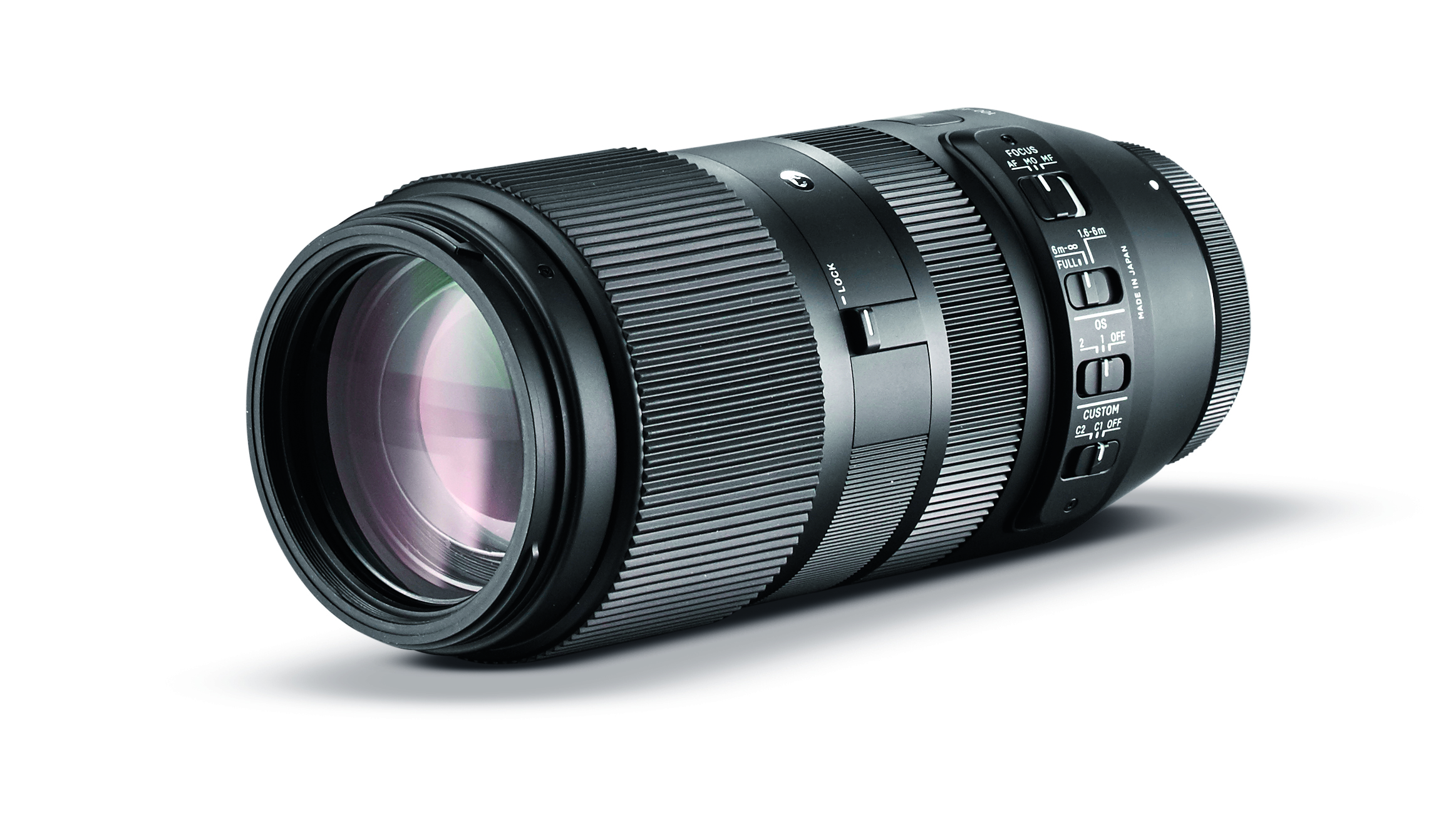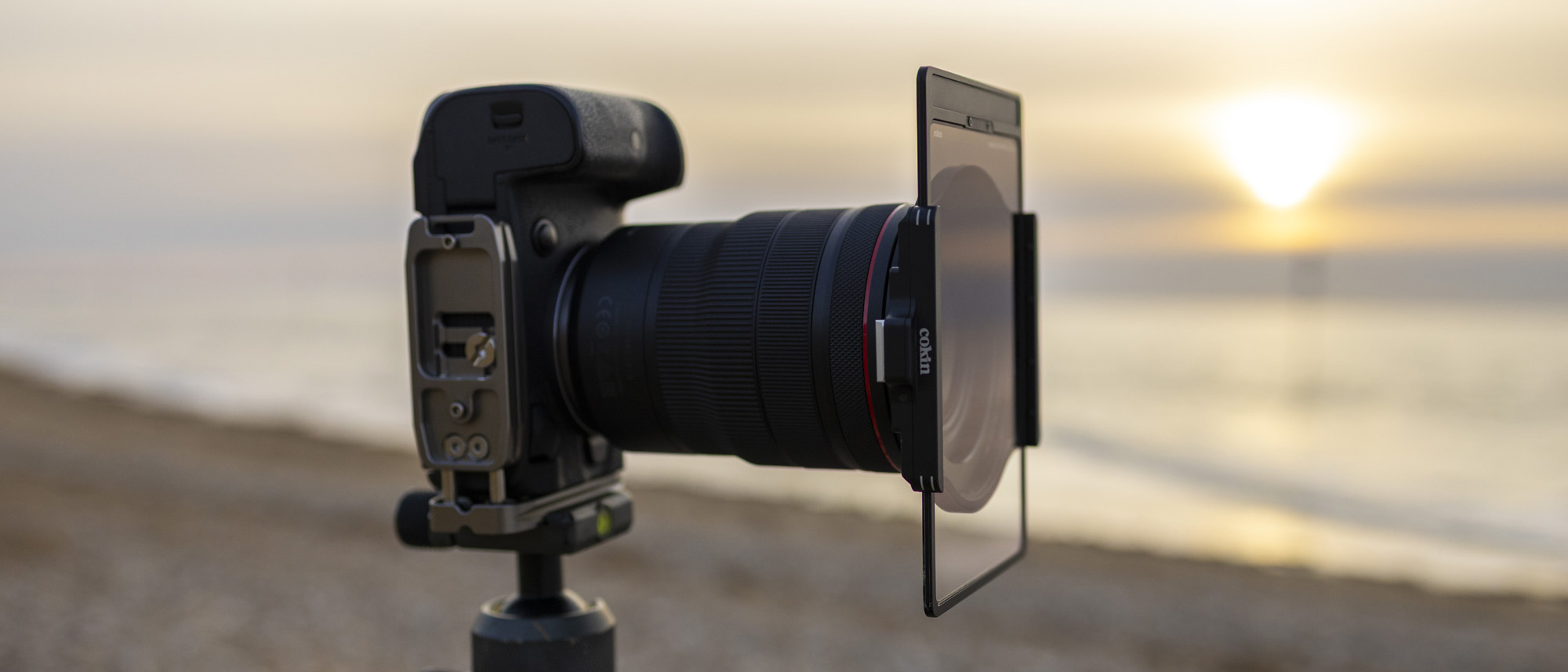You don't want your lens collecting dust while you're just eating bread and butter – here are pro tips for your next lens purchase
Struggling to choose the perfect lens? Here's how to narrow it down and spend smart, to get a lens you'll actually use

The best camera deals, reviews, product advice, and unmissable photography news, direct to your inbox!
You are now subscribed
Your newsletter sign-up was successful
Lenses are often cited as being more important than the camera body itself. And there's a good reason for that. The right photography lens can dramatically improve your image quality, give you extra reach or capture stunning detail.
But wading through the vast modern lens market can feel overwhelming, especially if you are after a true workhorse lens – and it can be expensive. So if you're wondering how to narrow down your options and make a smart lens investment that truly serves your unique photography needs, you are in the right place.
For the kind of professional advice that makes a difference, I connected with Phil Hay – an expert automotive and motorsport photographer. Phil's a true master of versatility: he captures every facet of the scene, from dynamic action and serene stills to wide vistas and compelling close-ups.
This broad experience means he has fantastic, practical insights on choosing the right camera lens for various situations.
Phil's top 10 tips for buying a lens
1. Work out your budget
Work to a set budget and think about whether it is worth the investment. You don't want your lens sitting there collecting dust while you are eating bread and butter.
2. Prime or zoom?
Ask yourself what focal length supports your genre of photography or style of work. If you are just starting out, invest in a zoom lens that covers more than just one purpose. You can read here what focal lengths are best for different photographic genres, and if you are into telephoto photography, check our guide on how to find your perfect telephoto lens.
3. Think of weight
Are you carrying this around for hours at events, or will it be mounted on a tripod? You won't shoot at your best if you are hauling a heavy piece of glass around for 16 hours.
The best camera deals, reviews, product advice, and unmissable photography news, direct to your inbox!
4. Consider rival lenses
Could a third-party lens with a similar focal range at half the cost be a better option? If and when your income rises, then you can invest in your dream workhorse lens.
5. Cost usage factor
Think about how much use this lens will get, whether it will be a vital part of your kit, and if it fulfills a role that another lens already does. Start with one that suits multiple scenarios.
6. New vs pre-owned
Check out the market and make sure you buy from a reputable company. A lot of places offer warranties on pre-owned lenses and give excellent descriptions of their condition.
7. Test and hire
Try out lenses and work out what best suits your goals. Also, hire for single purposes, as there is no point in buying a 13,000K lens for a shoot that returns much less than that.
8. Future-proofing
Ask yourself if the lens is the most cost-effective choice to cover what you need going forward. This will save money in the long run, which enables you to invest in more lenses.
9. Read reviews
Take away the key points from reviews and don't fixate on minor issues. For example, focus on build quality and overall sharpness, not sharpness at the edge of the frame.
10. Emotional appeal
Buy the lens that excites you and supports your creativity. You will be at your best when you work with a lens that ignites that passion for experimentation.
You might like...
If you want to learn more about photography and gear, we created a lot of beginner-friendly articles to guide you through the beginner stage:
- Zooming is limiting you – if you want to learn photography, start with a prime lens (or lock your focal length)
- Optical vs. digital zoom: What's the difference?
- This pro photographer prefers a 70-200mm zoom lens for action shots – and here's why
- This pro photographer prefers a 35mm prime for portraits – and this is why

Kim is a photographer, editor and writer with work published internationally. She holds a Master's degree in Photography and Media and was formerly Technique Editor at Digital Photographer, focusing on the art and science of photography. Blending technical expertise with visual insight, Kim explores photography's time-honored yet ever-evolving role in culture. Through her features, tutorials, and gear reviews, she aims to encourage readers to explore the medium more deeply and embrace its full creative potential.
You must confirm your public display name before commenting
Please logout and then login again, you will then be prompted to enter your display name.
